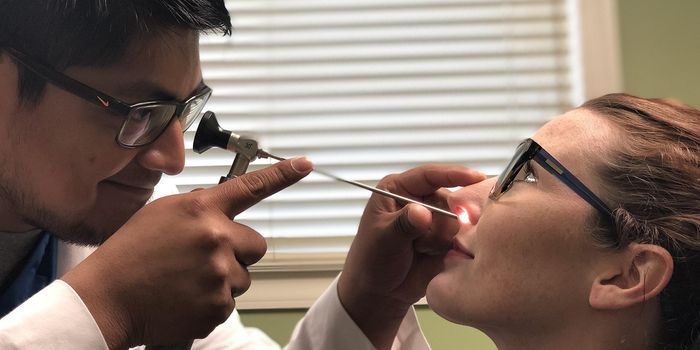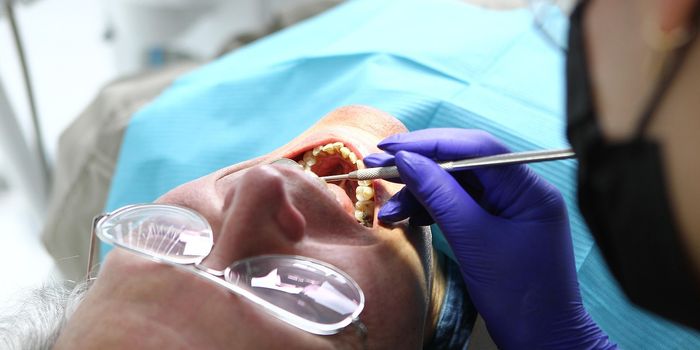CBD's Low Bioavailability Obstacle for Treating Lung and Gut Conditions

The researchers highlighted that while CBD acts through several receptors, CB1 and CB2 are its primary targets for immunomodulation at the mucosal sites. They added that CBD's ability to suppress immune activation and inflammatory cytokine production could benefit chronic inflammatory conditions, including irritable bowel disease (IBD) and COVID-19.
Demonstrating CBD's potential, they cited studies indicating that the compound can inhibit lung cancer metastasis in vitro and colorectal cancer metastasis in vivo. However, while CBD has demonstrated promise in alleviating gut and lung conditions in vitro and in vivo, similar effects may not translate to clinical trials.
For example, one study reported that although CBD has been shown to benefit a mouse model of irritable bowel disease (IBD), low-dose CBD had no beneficial effects on human patients with Crohn's disease, a type of IBD. Meanwhile, another study found that while CBD coupled with THC improved quality of life scores among patients with Crohn's disease, it had no effect on inflammatory markers and endoscopic scores.
Ultimately, the researchers wrote that while evidence exists for CBD's effectiveness in some therapeutic areas, more evidence is needed to assess its clinical benefit and understand its underlying mechanisms. They noted that poor bioavailability is one of the biggest hurdles to exploiting its biological activities.
"We believe that CBD's full potential can be realised by developing innovative delivery systems targeting mucosal sites and thinking beyond just improving its solubility. For instance, developing mucoadhesive and pH and enzyme responsive delivery system which will not only improve its solubility but stability and retention time in mucosal tissues and different relevant cell types could potentially enhance its credibility as a true active and not just another nutraceutical," concluded the researchers.
Sources: Journal of Controlled Release








